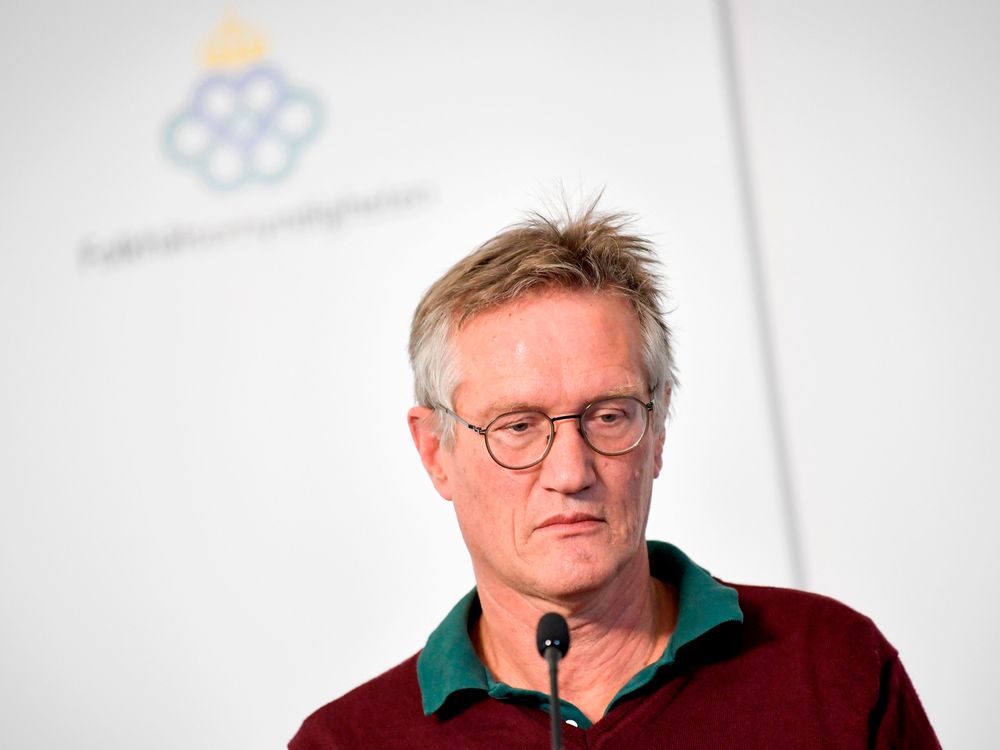STOCKHOLM, (Reuters) – Sweden should have done more to combat the coronavirus, the epidemiologist behind a national strategy that avoided the strict lockdowns seen in many other countries said today.
Anders Tegnell’s comments followed mounting criticism of the government’s handling of the crisis and a policy that has relied largely on voluntary action, social distancing and common-sense hygiene advice but has failed to prevent the virus spreading.
Sweden has a lower COVID-19 mortality rate than European countries such as Britain, Spain and Italy which enforced stringent lockdowns.
But, with 443 deaths per million people, it has the eighth highest number of coronavirus-related deaths per capita in the world, and had the highest COVID-19 mortality rate in Europe for parts of May, according to research group Ourworldindata.org.
“Yes, I think we could have done better in what we did in Sweden, clearly,” Tegnell, the chief epidemiologist at the Public Health Agency, told Swedish radio.
“If we were to run into the same disease, knowing exactly what we know about it today, I think we would end up doing something in between what Sweden did and what the rest of the world has done,” he said.
Prime Minister Stefan Lofven, who has promised an enquiry into the handling of the pandemic, did not immediately respond to a request for comment but Health and Social Affairs Minister Lena Hallengren hit back.
“The government has been, at all times, prepared to introduce wider, further measures recommended by the expert authority,” Hallengren said in a written response to Reuters.
Lofven told the Aftonbladet daily that the overall strategy of limiting the disease while also protecting workers and companies had been the right one.
“At the same time, we have to admit that when it comes to elderly care and the spread of infection, that has not worked. That is obvious,” he said. “Too many old people have died here.”
Most of Europe shut schools, shops and businesses, bringing much of society to a halt. Sweden closed care homes to visitors in late March, but around half its coronavirus-related deaths have been among elderly people living in care facilities.
“CATASTROPHIC”
Recent antibody-tests have also indicated the number of infected people in Sweden is fewer than in the Public Health Agency’s models and that so-called herd immunity could be further off than predicted.
Tegnell said it was hard to know which measures taken elsewhere might have been the most effective in Sweden.
“Maybe we will find this out now that people have started removing measures, one at a time,” he said. “And then maybe we will get some kind of information on what, in addition to what we did, we could do without adopting a total lockdown.”
The government has received criticism for failing to reach the target of 100,000 tests per week, hitting only a third of that last week.
Bjorn Olsen, Professor of Infectious Medicine at Uppsala University, said Sweden’s strategy had been catastrophic.
“This is one of Sweden’s biggest embarrassments and most tragic events, (in) all categories,” he said, calling for a change of course to start testing and do more contact tracing. “As long as people are dying, we must try to change.”






